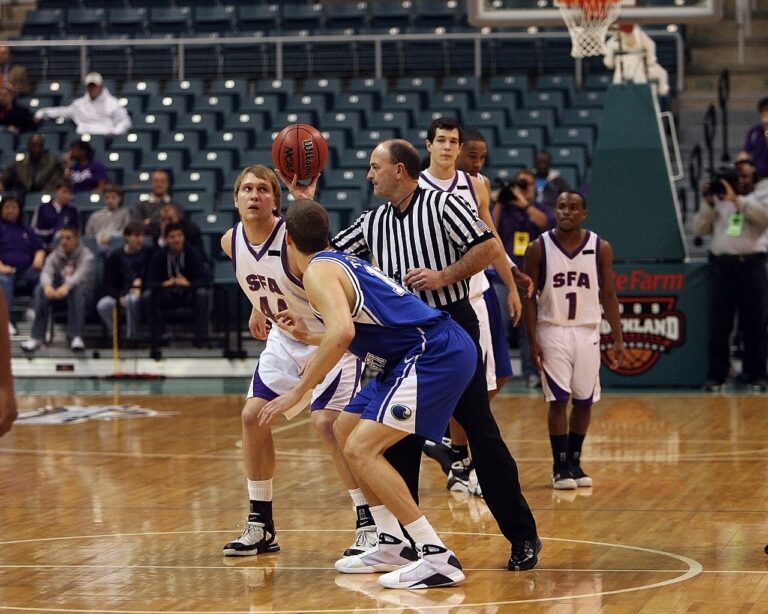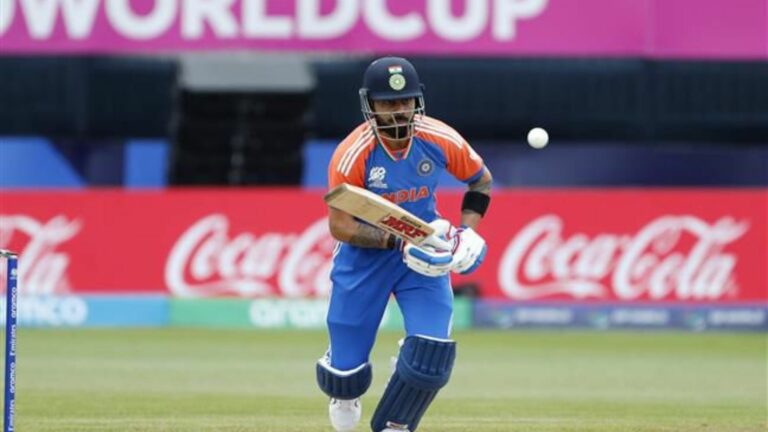Analyzing the Impact of Travel Fatigue on Cricket Tours: Allpaanel mahadev book, Laserbook247, Bat book 247
allpaanel mahadev book, laserbook247, bat book 247: Cricket tours are a vital aspect of the sport, allowing teams to compete against each other in various countries and provide an entertaining experience for fans worldwide. However, one significant factor that often goes overlooked is the impact of travel fatigue on players during these tours.
Travel fatigue refers to the physical and mental exhaustion that can result from extensive travel, particularly when crossing multiple time zones. For cricket tours, this is a common occurrence, with teams traveling to different countries for matches, training sessions, and other commitments.
The Effects of Travel Fatigue on Players
Travel fatigue can have a profound impact on players’ performance during cricket tours. The long hours spent on planes, buses, and in hotels can disrupt their routines, leading to disrupted sleep patterns, fatigue, and decreased concentration. As a result, players may struggle to perform at their best on the field, affecting their overall gameplay.
Moreover, the constant travel can also take a toll on players’ physical health. Sitting for long periods can increase the risk of developing blood clots, muscle stiffness, and other health issues. Additionally, changing climates and time zones can further exacerbate these problems, leaving players feeling drained and out of sorts.
Strategies to Combat Travel Fatigue
To mitigate the impact of travel fatigue on cricket tours, teams need to implement effective strategies to help players recover and perform at their best. Some key strategies include:
1. Proper hydration: Staying hydrated is crucial for maintaining energy levels and combating fatigue during long journeys.
2. Adequate rest: Allowing players time to rest and recover between matches is essential for preventing burnout and maintaining peak performance.
3. Regular exercise: Encouraging players to engage in light exercise and stretching can help alleviate muscle stiffness and improve circulation.
4. Healthy eating: Providing nutritious meals and snacks can help players maintain their energy levels and support overall well-being.
5. Sleep management: Creating a conducive environment for sleep, such as darkening rooms and implementing consistent sleep schedules, can help players get the rest they need.
6. Mental health support: Offering mental health resources and support can help players cope with the stress and pressure of constant travel.
Frequently Asked Questions
Q: How can players cope with jet lag during cricket tours?
A: Players can adjust their sleep schedules gradually before traveling to new time zones and use natural light exposure to help reset their internal clocks.
Q: What are some common signs of travel fatigue in cricket players?
A: Common signs include fatigue, irritability, decreased concentration, muscle stiffness, and disrupted sleep patterns.
Q: How can teams ensure players are adequately prepared for long journeys during cricket tours?
A: Teams can provide players with travel kits containing essentials such as neck pillows, eye masks, hydration packs, and healthy snacks to help them stay comfortable and energized during travel.
In conclusion, travel fatigue is a significant factor that can impact players’ performance during cricket tours. By implementing effective strategies to combat fatigue and prioritize player well-being, teams can help players perform at their best and ensure a successful tour.







